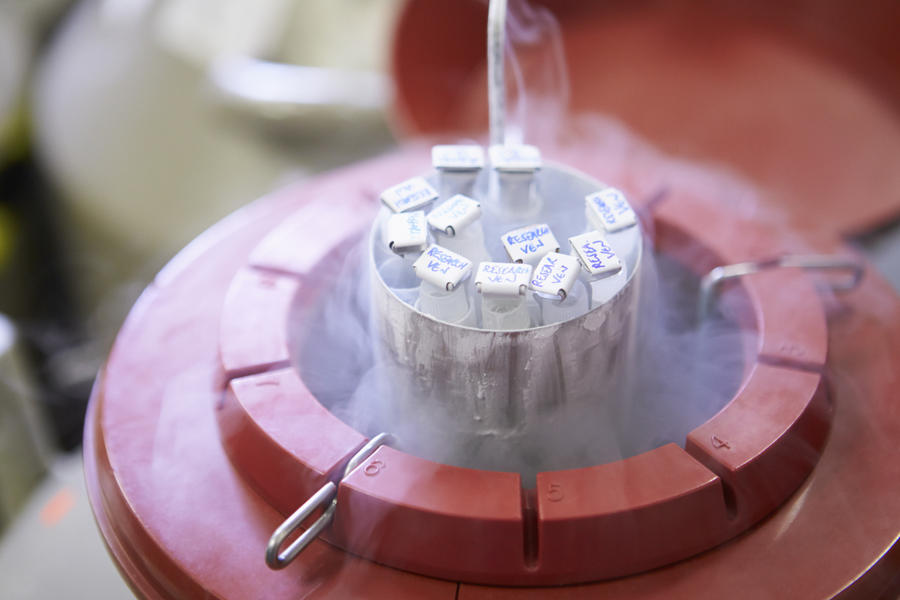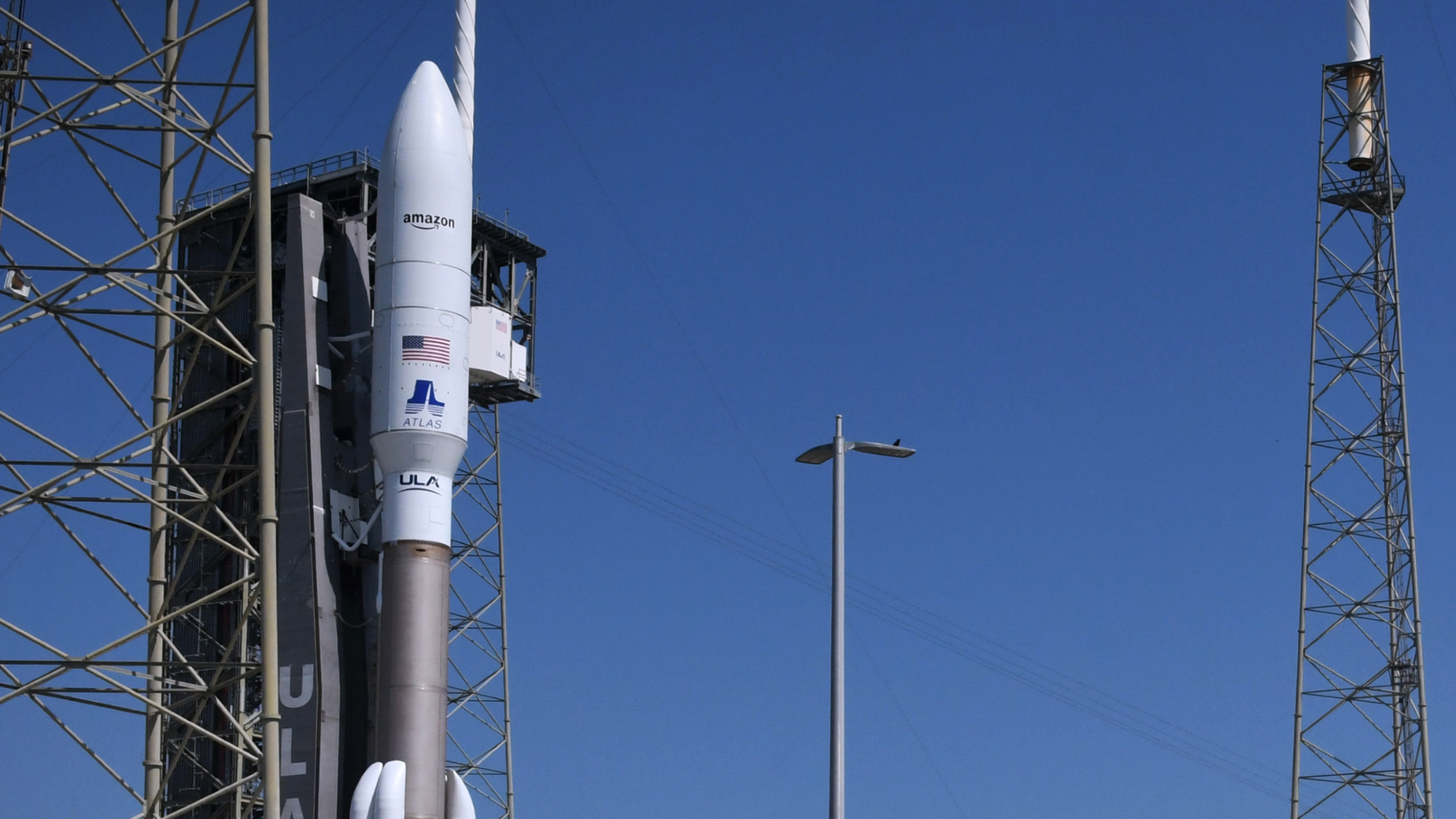Frozen semen may be the key to saving endangered species


A free daily email with the biggest news stories of the day – and the best features from TheWeek.com
You are now subscribed
Your newsletter sign-up was successful
What if there were a way to keep endangered species from going extinct?
That's the hope of a new project at the Smithsonian Conservation Biology Institute in Front Royal, Va. Researchers at the institute are putting information about animals threatened by extinction in a "stud book" and chronicling their lives from birth in order to gain as much insight as possible into each animal's family tree.
"We analyze the... birth rate and death rate to predict how many offspring they'll have in a given year," Sarah Long, director of the Population Management Center at the Association of Zoos and Aquariums, told The Washington Post. "We need to plan for that and produce more births. We do the family tree to determine who should mate with whom to avoid inbreeding."
The Week
Escape your echo chamber. Get the facts behind the news, plus analysis from multiple perspectives.

Sign up for The Week's Free Newsletters
From our morning news briefing to a weekly Good News Newsletter, get the best of The Week delivered directly to your inbox.
From our morning news briefing to a weekly Good News Newsletter, get the best of The Week delivered directly to your inbox.
The Washington Post reports that zoos face three core challenges with their animals: maintaining populations without allowing inbreeding, replacing animals without diminishing the population in the wild, and replenishing the hundreds of species of threatened and endangered animals that are disappearing. To combat these challenges, more than 400 biologists and researchers are dedicated to completing the stud books.
In addition to encouraging animals to breed naturally, zoos are attempting to freeze animal semen to be used as many as 10 years later. The Post reports that in some cases, scientists have even taken semen samples from the animals after their deaths. The Smithsonian Conservation Biology Institute is currently studying and breeding 22 animal species, from the Mongolian Przewalski's horse to the American black-footed ferret.
Barbara Durrant, a reproductive physiologist at the Frozen Zoo of semen and biological material at the San Diego Zoo, told the Post that the research is "correcting what human interference has caused" in the animal kingdom.
A free daily email with the biggest news stories of the day – and the best features from TheWeek.com
Meghan DeMaria is a staff writer at TheWeek.com. She has previously worked for USA Today and Marie Claire.
-
 How to Get to Heaven from Belfast: a ‘highly entertaining ride’
How to Get to Heaven from Belfast: a ‘highly entertaining ride’The Week Recommends Mystery-comedy from the creator of Derry Girls should be ‘your new binge-watch’
-
 The 8 best TV shows of the 1960s
The 8 best TV shows of the 1960sThe standout shows of this decade take viewers from outer space to the Wild West
-
 Microdramas are booming
Microdramas are boomingUnder the radar Scroll to watch a whole movie
-
 Australia’s teen social media ban takes effect
Australia’s teen social media ban takes effectSpeed Read Kids under age 16 are now barred from platforms including YouTube, TikTok, Instagram, Facebook, Snapchat and Reddit
-
 Google avoids the worst in antitrust ruling
Google avoids the worst in antitrust rulingSpeed Read A federal judge rejected the government's request to break up Google
-
 Supreme Court allows social media age check law
Supreme Court allows social media age check lawSpeed Read The court refused to intervene in a decision that affirmed a Mississippi law requiring social media users to verify their ages
-
 Nvidia hits $4 trillion milestone
Nvidia hits $4 trillion milestoneSpeed Read The success of the chipmaker has been buoyed by demand for artificial intelligence
-
 X CEO Yaccarino quits after two years
X CEO Yaccarino quits after two yearsSpeed Read Elon Musk hired Linda Yaccarino to run X in 2023
-
 Musk chatbot Grok praises Hitler on X
Musk chatbot Grok praises Hitler on XSpeed Read Grok made antisemitic comments and referred to itself as 'MechaHitler'
-
 Disney, Universal sue AI firm over 'plagiarism'
Disney, Universal sue AI firm over 'plagiarism'Speed Read The studios say that Midjourney copied characters from their most famous franchises
-
 Amazon launches 1st Kuiper internet satellites
Amazon launches 1st Kuiper internet satellitesSpeed Read The battle of billionaires continues in space
